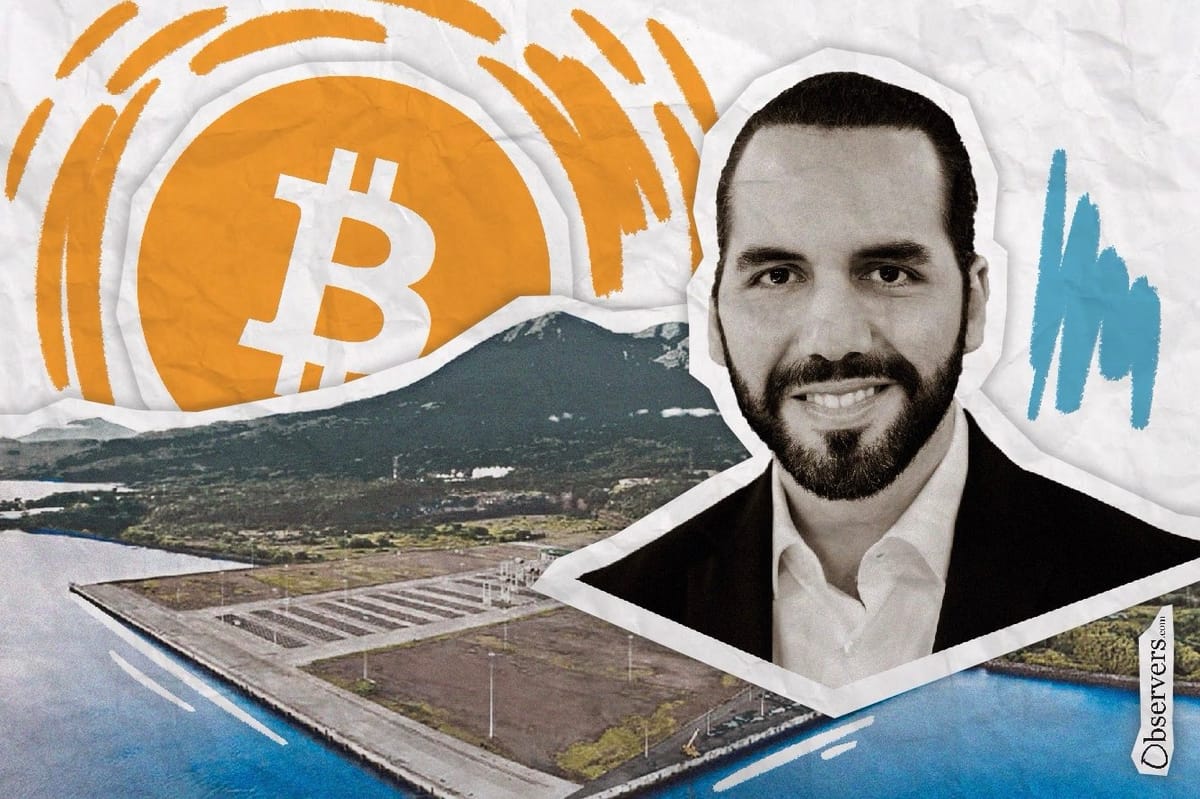
Bitcoin City, a planned special economic zone focused on Bitcoin-related activities, was first announced by Salvadoran President Nayib Bukele in 2021. The ambitious project has finally found a real investor, the largest private investment in its history at $1.6 billion. The capital comes from Turkish company Yilport Holdings, dedicated to port and container terminal operations, to renovate two ports in the country, which are reportedly crucial to Bitcoin City’s infrastructure.

Why does Turkey invest in the port's modernization, and how is it connected to the Bitcoin City?
Yilport Holdings, together with CEPA, a company managing the country's transportation infrastructure, will operate both ports for the next 50 years.
The companies will modernize and triple the capacity of the country's largest port, Acajutla, by the end of 2024. The abandoned port of La Unión will also be finally activated.
The port of La Unión is strategically located on the Gulf of Fonseca, where El Salvador, Nicaragua, and Honduras meet. It was initially designed so that ships larger than the Panama Canal could dock there. Earlier, it was reported that the government is considering turning the port into a shipyard hub. As there is no shipyard on the Pacific coast from northern Mexico to Ecuador, this venture might turn El Salvador into an attractive destination for maritime companies traversing the Pacific Ocean.
Construction of the La Unión port started in 1994 thanks to a loan from Japan but was terminated at the end of the 1990s. In 2009, the project was restored with a mixed-ownership plan, but the tender was not met due to regulatory hurdles and a lack of bids.
It is clear that the Turkish company expects to benefit from operating the ports rather than investing in the infrastructure of the long-promised Bitcoin City. There is no direct information on how the modernization of the Acajutla port will benefit that project, but La Union is located very close to its alleged location next to the Conchagua volcano.
What else do we know about the Bitcoin City construction financing and current progress?
Initially, it was planned that Bitcoin City's construction would be financed by a $1-billion Volcano Bond, backed by the proceeds from the geothermal Bitcoin mining operation powered by the nation’s active volcanoes. The country’s officials have been talking about the imminent launch since at least 2022, but regulatory approval was only granted in December 2023. The issuance and listing on Bitfinex Securities was anticipated in the first quarter of 2024.
No official announcements have been made so far, and it is unclear if the government still intends to issue the bonds or if it will prefer to rely on other investment sources. However, Bukele’s general determination regarding Bitcoin-related projects hints that we will hear more about Volcano Bonds. Bitcoin City construction will require huge funding, and the bond is the most obvious way to secure it unless Bukele finds an alternate source.
Even without much investment, Bitcoin City’s construction seems to be slowly starting to move. According to some rumors, the government has already begun preliminary work, including the construction of the Conchagua Airport, also known as the Airport of the Pacific. At the same time, Bitcoin volcano-powered mining started yielding results. Within three years, the country has mined nearly 474 bitcoins thanks to a geothermal power plant near the Tecapa volcano, proving that, in general, the idea has the right to exist.
What are the arguments of the project critics?
Even though Bukele takes an extremely positive stance on the situation, the Bitcoin City project raises some concerns. When the Volcano Bond deadline was once again missed, it raised further doubts about its viability. The lack of information and studies on energy extraction from the Conchagua volcano also questions the project’s economic feasibility. There is also a moral component at play here: locals are reportedly forced to sell their land despite no guarantee of a positive outcome.
Even with all its flaws, Bitcoin City remains an impressively ambitious project that, if realized, will be a game-changer. Thus, we are looking forward to more positive news from the Conchagua volcano area.

